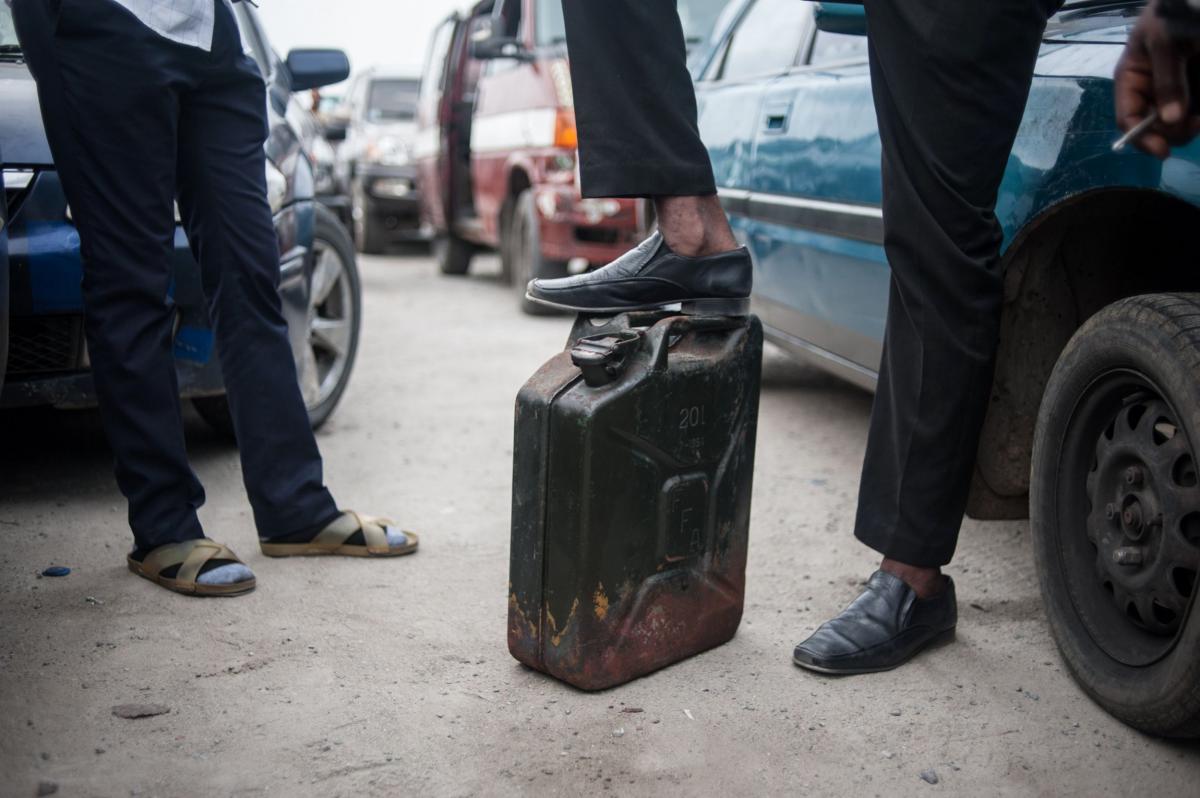There are no products in your shopping cart.
| 0 Items | £0.00 |


WORLD Bank officials have decried the continued spending by the Nigerian government on petrol subsidy which is on track to gobble up N2.9tn ($7bn) this year which economists say could be better spent on social programmes and infrastructure.
Speaking at a panel session during the 27th National Economic Summit in Abuja, Shubham Chaudhuri, the World Bank country director for Nigeria, said the country could channel the money being spent on subsidy to primary healthcare, basic education and rural roads. He likened Nigeria to a malnourished individual needing urgent treatment, saying some critical decisions need to be made now for the country to realise its potential.
Mr Chaudhuri added: “This year, Nigeria is on track to spend N2.9tn on petrol subsidy, which is more than it spends on health. I think the urgency of doing something now is because the time is going in terms of retaining the hope of young Nigerians in the future and potential of Nigeria.
“The kinds of things that could be done right away, the petrol subsidy, yes, I hear that six months from now, perhaps with the Petroleum Industry Act (PIA), coming into effect, this will go away. But the fact is can Nigeria even afford to wait for those six months? N3tn to PMS subsidy which is depriving states of much-needed revenues to invest in basic services.”
Also speaking at the session, Nigeria's finance minister Zainab Ahmed, said the federal government had made provision for petrol subsidy till the end of June next year. She added: “In our 2022 budget, we only factored in subsidy for the first half of the year but during the second half of the year, we are looking at complete deregulation of the sector, saving foreign exchange and potentially earning more from the oil and gas industry.”
Professor Doyin Salami, the chairman of the Presidential Economic Advisory Council, said: “With the PIA, essentially it makes illegal petrol subsidy and yes, there is a period where NNPC and the new regulatory agencies must calibrate themselves but at the end of this period and I think it is about six months, which explains why the minister has said for the first half of the year, there is provision.
“My view will be if we could get it done sooner than that, it will be excellent, it releases money. The key point is simply this, we are now, any which way, at the tail end of that conversation, except if we choose not to obey the law. My sense is we will obey the law and subsidy will be gone.”